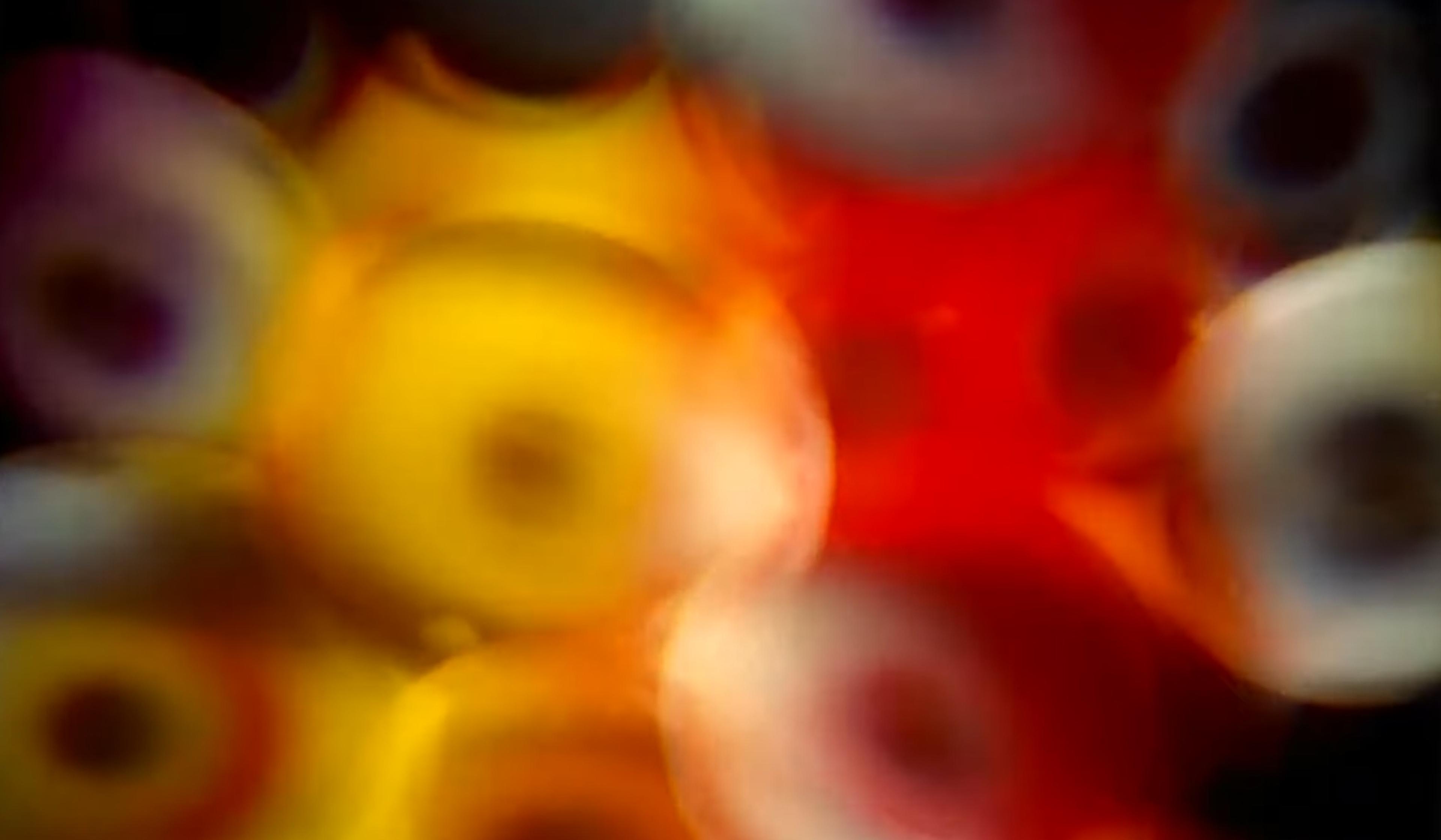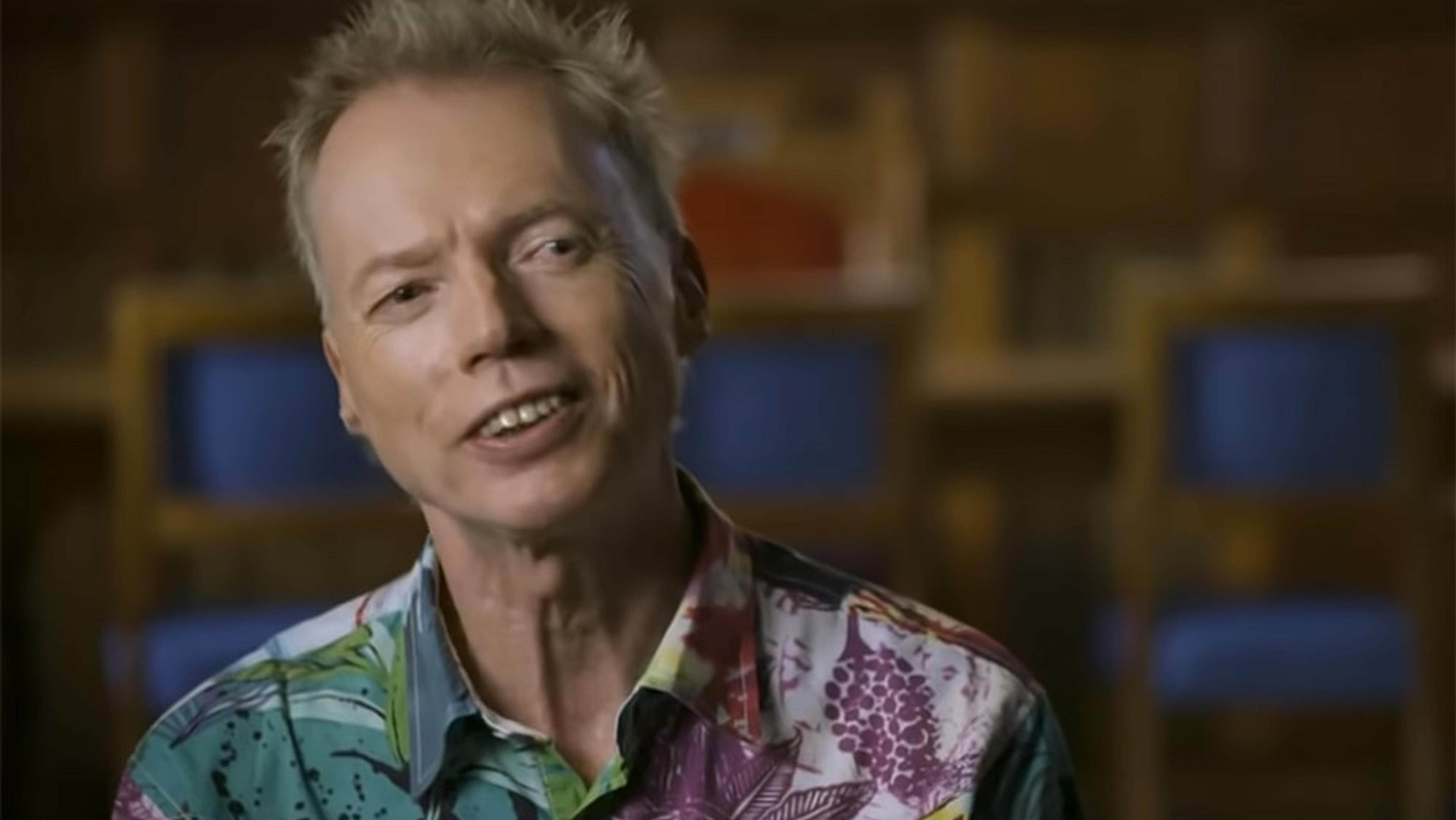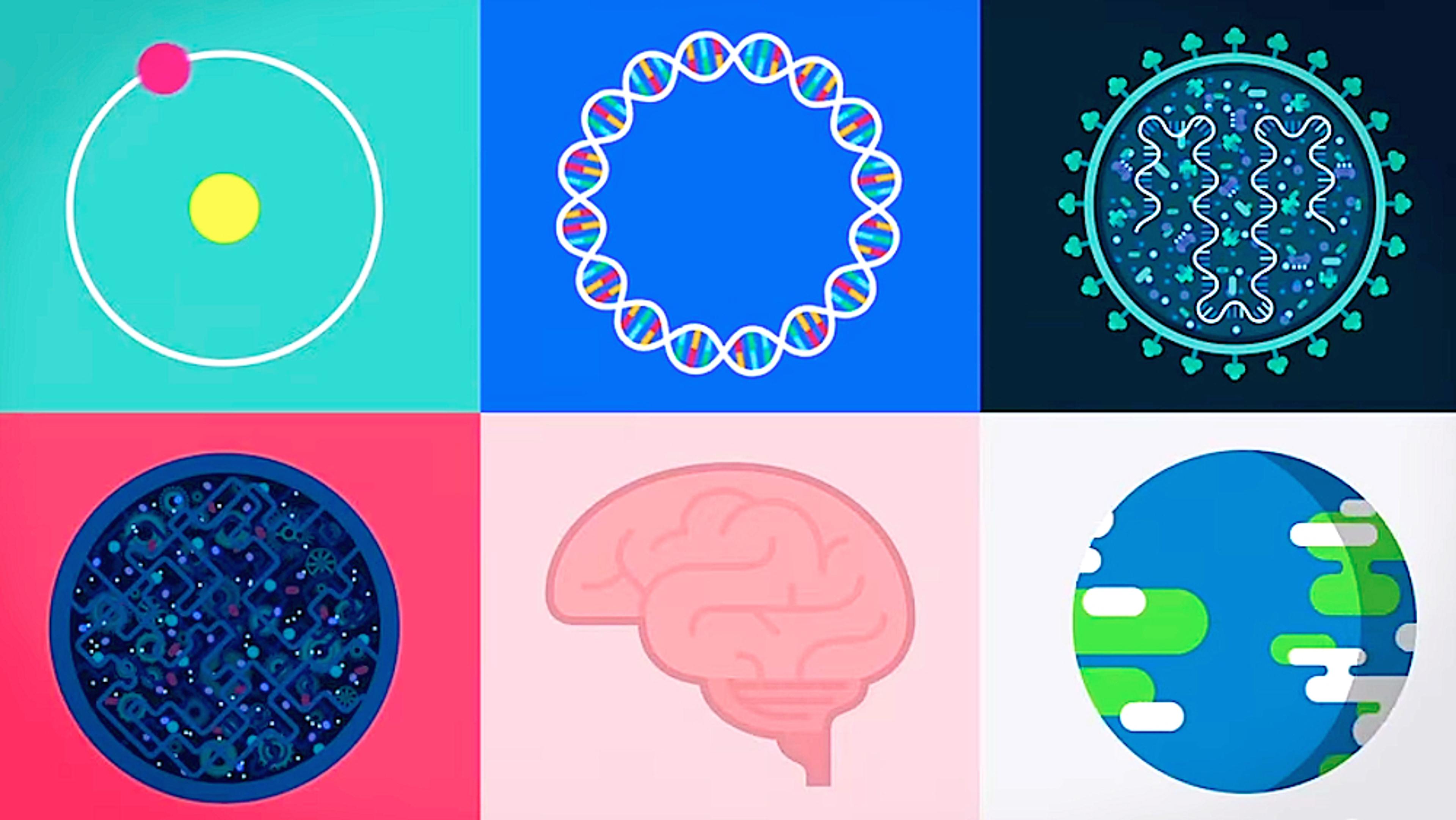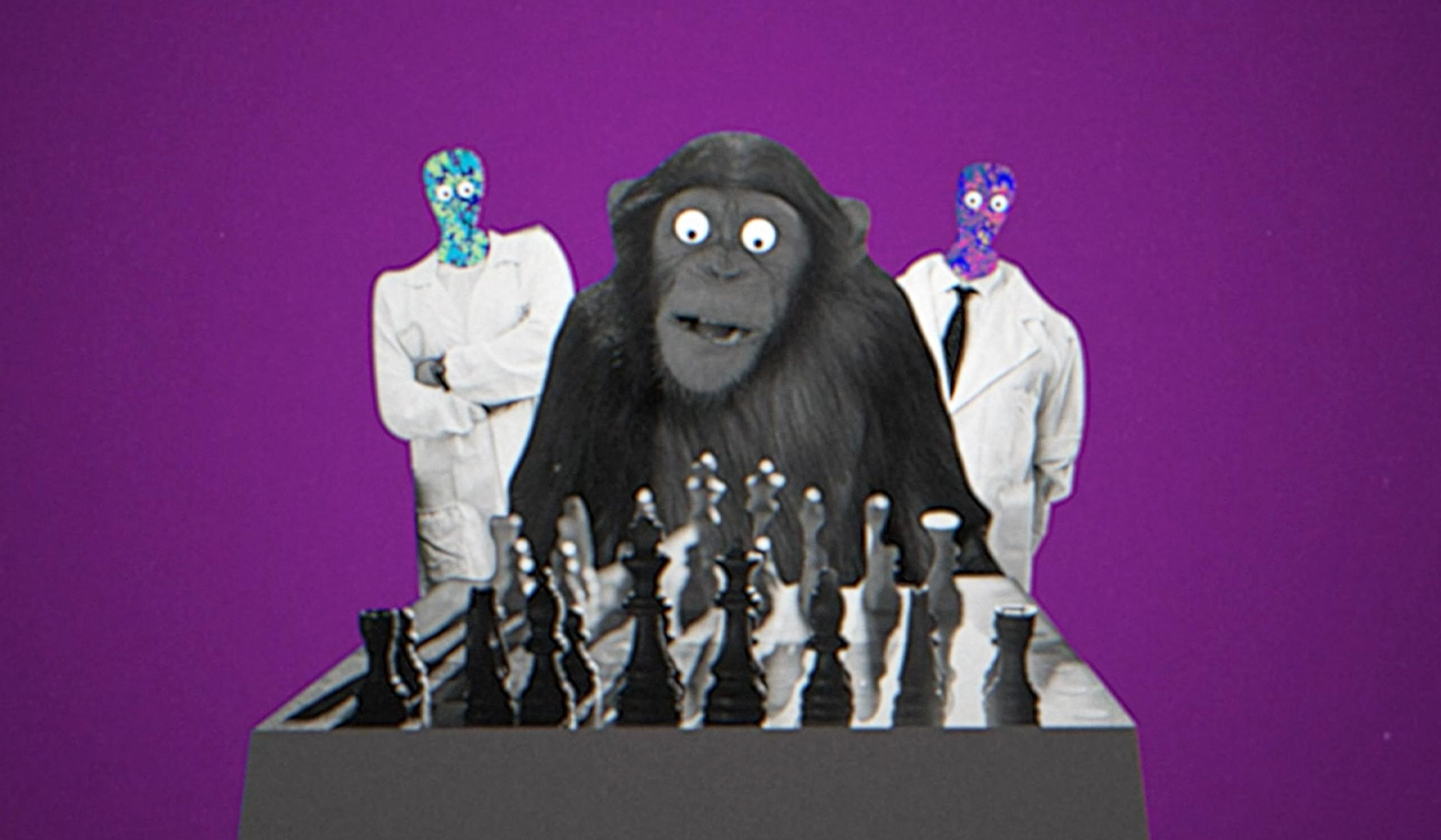Even in modern secular societies, there’s a persistent belief that death may not be the end of something resembling a conscious human experience. So what has kept the idea of an ‘afterlife’ churning throughout human history? Featuring insights from the frontiers of evolutionary psychology, philosophy and a healthy dose of gallows humour, this short from BBC Reel sets out to understand why, starting from a young age, we seem to be so eager to project consciousness beyond its apparent end. Further, the video investigates whether the contemporary notion that we could potentially upload our ‘selves’ to become immortal is based on science or is just another expression of our seemingly immortal desire to outlive death.
Even in modern secular societies, belief in an afterlife persists. Why?
28 September 2023

videoMeaning and the good life
Would immortality offer a curse of boredom or endless novelty?
6 minutes

videoAgeing and death
Death is a trip – how new research links near-death and DMT experiences
9 minutes

videoPhilosophy of mind
Your body is scanned, destroyed, then reproduced. Do ‘you’ live on the copy?
13 minutes

videoDeath
What separates life from death? The line is fuzzier than we might expect
6 minutes

videoAstronomy
Finding alien life demands real imagination – not recycled sci-fi tropes
5 minutes

videoBiology
An elegy for a dying microbe explores what we really mean by ‘death’
9 minutes


